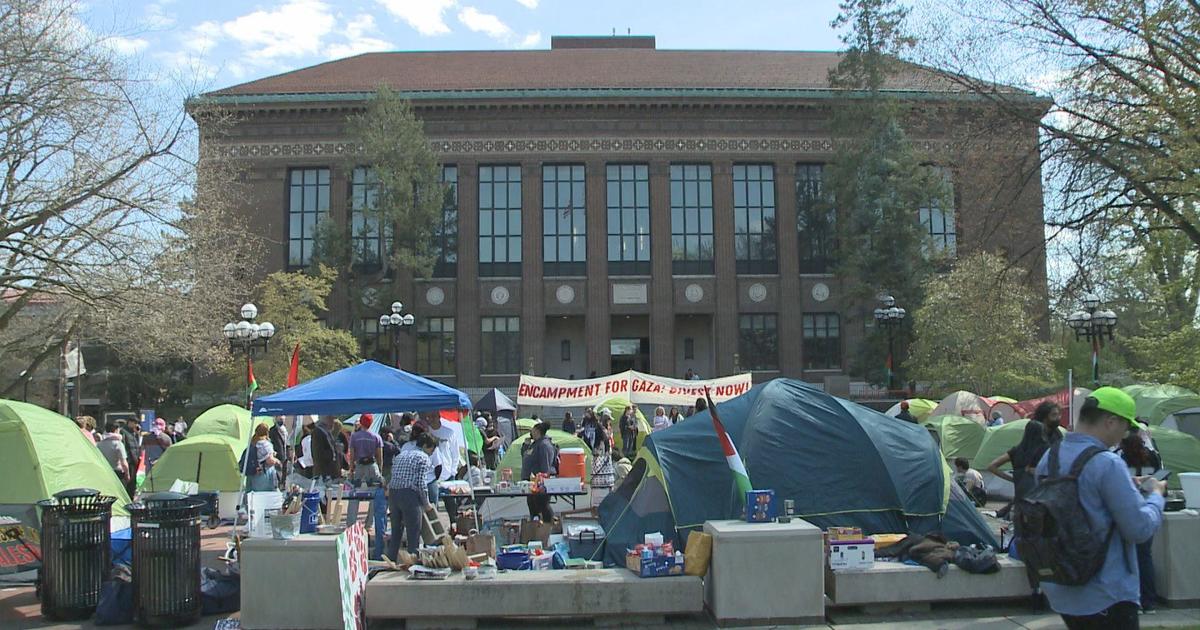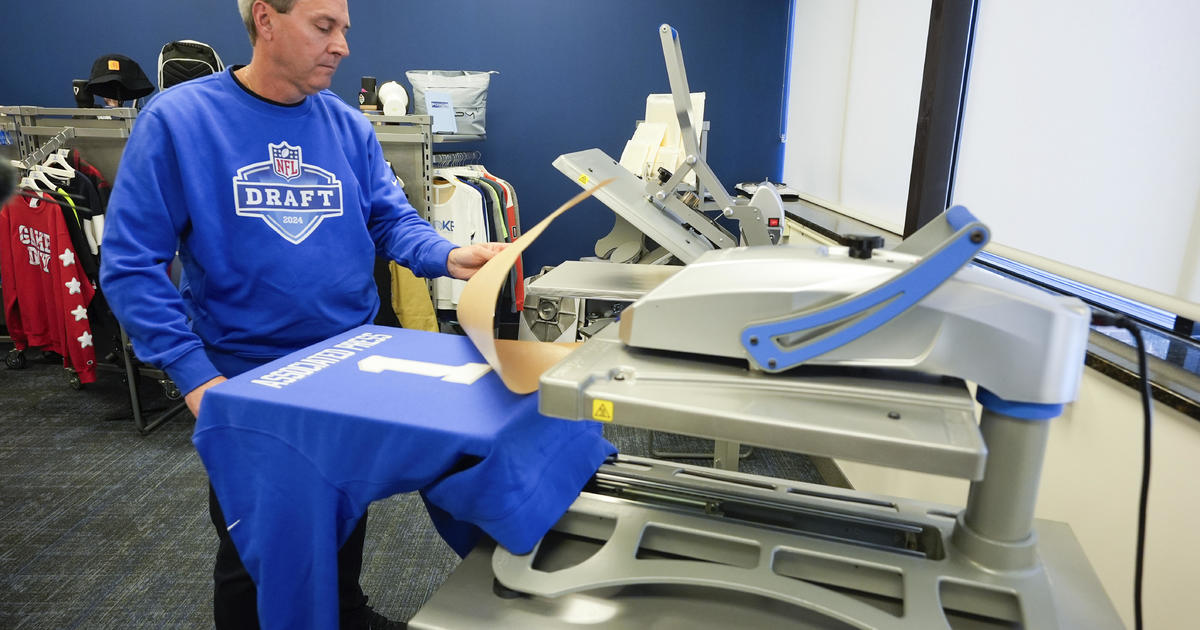UM Forecast: Mich. Will Finally Add Jobs, But Economy Still Hurting
After losing nearly 850,000 jobs since 2000, the Michigan economy will gain jobs next year for the first time in more than a decade, say economists at the University of Michigan.
"It is our sense that we are now approaching the turning point from negative to positive net job creation," said George Fulton, director of UM's Research Seminar in Quantitative Economics. "An upward turn in the state macroeconomy has been long awaited and would be welcome news, indeed, but we must keep in mind that the event will not usher in a changing tide for many of Michigan's struggling residents. With high rates of unemployment and home foreclosures persisting, for many among us the economic distress will continue."
In their annual November forecast of the Michigan economy, Fulton and colleagues Joan Crary and Donald Grimes say the state will make modest gains of 24,500 jobs during 2011 before the economy starts to gather strength and adds 63,000 jobs during 2012. This follows job losses of 17,000 during 2010 and an unprecedented 230,000 during 2009.
The economists say that Michigan's economy has finally hit bottom during the last three months of 2010, the last quarter of net job loss before a turn toward sustained growth in 2011.
They predict that unemployment will remain high, averaging 13.4 percent this year, 12.4 percent next year and 11.5 percent in 2012 -- still well above the 7.9 percent rate averaged from 1970 to 2008.
According to Fulton and colleagues, the service industries -- which make up more than 40 percent of the state economy -- will account for nearly all of the net job gains during 2011 and about 60 percent of the gains during 2012.
"Business services, together with the private education and health care component, contribute most of the 64,000 service industry job additions forecast from the end of 2010 to the end of 2012," Fulton said. "Health care is the one major industry to have bucked the trend over Michigan's past decade of job decline, adding to employment every year since 1999. We are now on the threshold of an explosion in the number of people reaching retirement age, which bodes well for the health care industry in the longer term."
Financial activities (banking, insurance and real estate), which will lose 6,000 jobs this year, will add 5,000 jobs during each of the next two years, the economists say.
Transportation equipment manufacturing will add 1,000 jobs during 2011 and 4,000 jobs during 2012, after adding 3,000 jobs this year.
"The most encouraging development in the Michigan economy in the past year is the apparent return to stability of a manufacturing sector whose work force has been decimated in recent years," Fulton said. "At the core of this improvement is the bounce-back in the domestic auto industry, which will be in the black this year, two years after seeking federal aid."
While neither nonvehicle manufacturing nor the large trade, transportation and utilities sector is expected to add jobs next year, both are forecast to gain 7,000 jobs during 2012.
After losing 5,000 jobs this year, construction will lose another 1,000 jobs next year, before adding 6,000 jobs the year after.
Government is the only sector expected to lose jobs during each of the next two years, shedding 10,000 jobs during that time, after losing 17,000 jobs this year.
"The job declines for state and local government would have been even worse without the help provided by the federal government's stimulus program," Fulton said. "With the severe budget situation hanging over state and local government and the winding down of the stimulus program, more losses are inevitable in the public sector."
Overall, the UM economists say the Michigan economy appears headed toward the closest thing to job stability since the mid-2000s.
"The heartbeat of the Michigan economy seems to be getting a little stronger," Fulton said. "We haven't yet turned the corner to sustained growth, but the prognosis is encouraging. The local economy is still fragile, though, and it will take quite awhile to resume full activity. Indeed, for many residents, the economic struggles will continue."
(c) 2010, WWJ Newsradio 950. All rights reserved.



